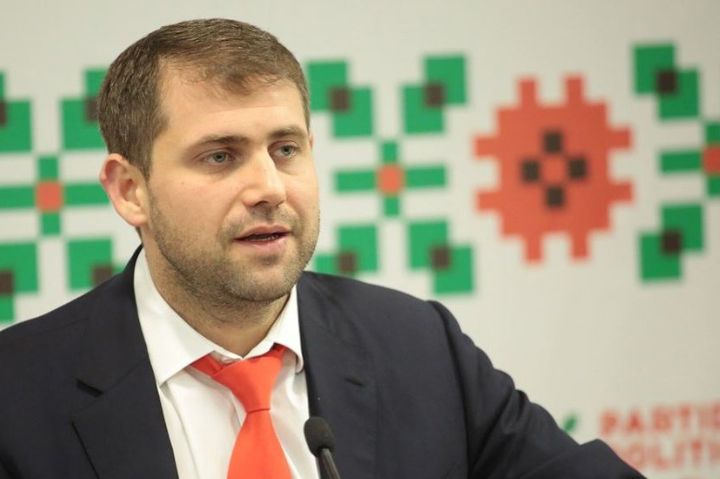In a dramatic revelation, Moldovan police announced that fugitive oligarch Ilan Shor orchestrated a $39 million vote-buying scheme to influence Moldova’s recent elections, channeling funds into the accounts of thousands of Moldovans through Russian bank transfers. The accusations come amid rising tensions between pro-Russia and pro-EU factions as Moldova faces a critical presidential runoff on November 3.
Police chief Viorel Cernauteanu disclosed at a press conference that investigators identified nearly one million transactions allegedly funded by Shor, who has been sentenced in absentia to 15 years in prison for his involvement in Moldova’s $1 billion banking scandal. Using Russia’s Promsvyazbank (PSB), which is under international sanctions for supporting Russia’s activities in Ukraine, Shor allegedly funneled funds to sway votes for the pro-Russia camp, which performed unexpectedly well in the first round of voting.
Cernauteanu reported that at least 138,000 Moldovans received funds in September and October through direct deposits, which were then distributed further to maximize outreach. Moldovan authorities have already fined 500 people for “passive electoral corruption” and have seized envelopes containing cash in a coordinated raid across 19 districts. Cernauteanu warned that citizens accepting money from Shor’s network would be considered part of a “criminal organization,” urging Moldovans to report illicit payments.
Moldovan President Maia Sandu, a staunch pro-EU figure, narrowly won the first round with 42.5% of the vote, short of the majority needed to avoid a runoff. She is set to face Alexandr Stoianoglo, a pro-Moscow candidate, in the November 3 runoff. Sandu has accused Shor and other “criminal groups” of attempting to buy nearly 300,000 votes to destabilize Moldova’s democratic process. Moscow, however, has dismissed these claims, with Kremlin spokesperson Dmitry Peskov calling on Sandu to present evidence of interference.
According to Cernauteanu, Shor’s scheme began in April, with an initial $15 million in September followed by $24 million in October. The funds purportedly reached citizens under the guise of social programs, with agents loyal to Shor distributing the money locally. The scheme, investigators say, aims to strengthen Moldova’s pro-Russia camp, challenging the country’s path toward European integration.
With the stakes high, Moldova’s upcoming runoff could shape the country’s geopolitical future, marking a pivotal moment in the tug-of-war between Russian influence and Western aspirations. As authorities continue their investigation, Sandu’s call for vigilance resonates: Moldova’s democratic integrity hangs in the balance. Will the crackdown on illicit election funding bolster faith in the electoral process, or has Shor’s network already swayed enough votes to shift the tide?












